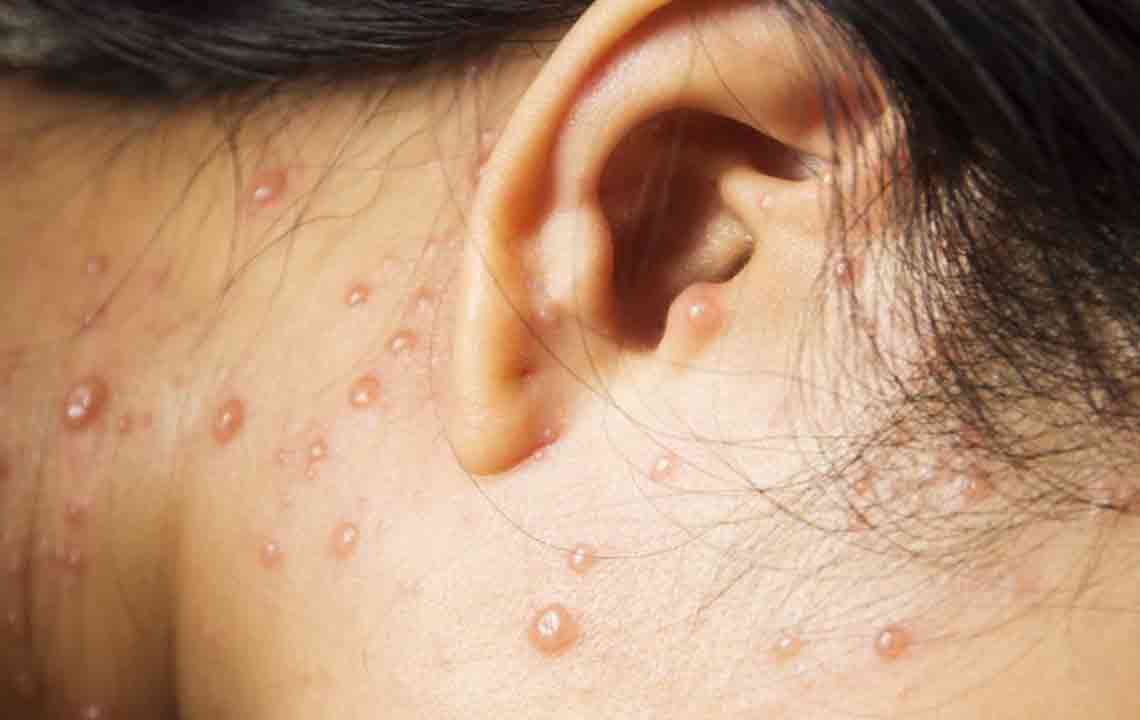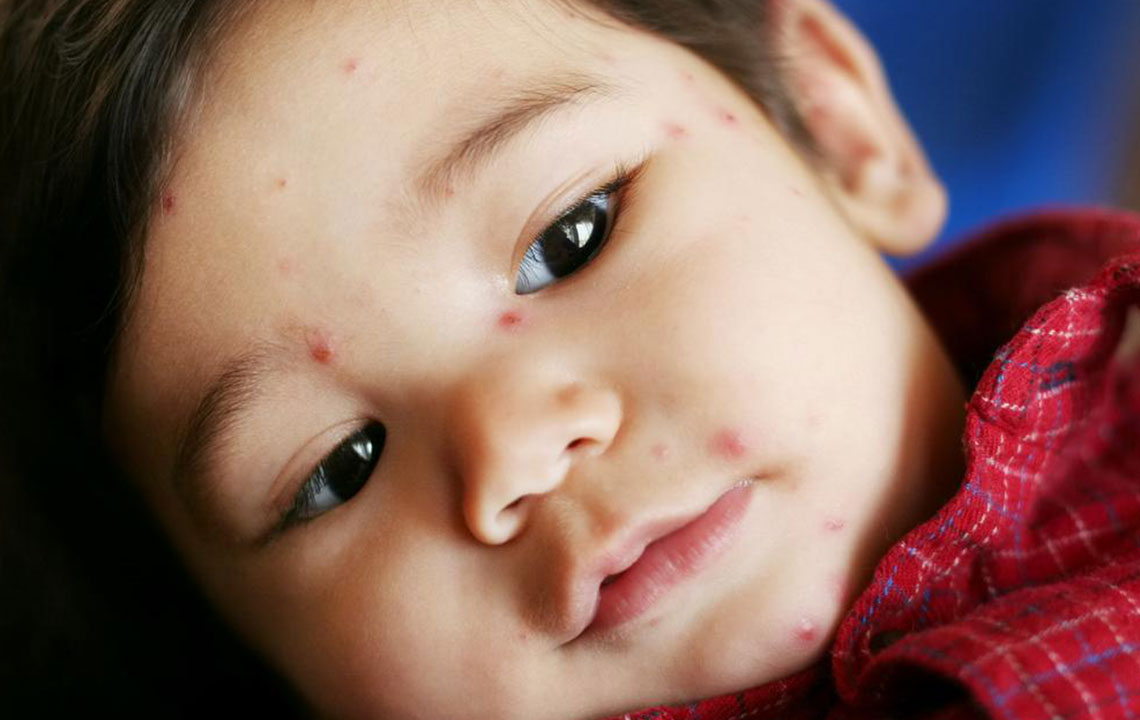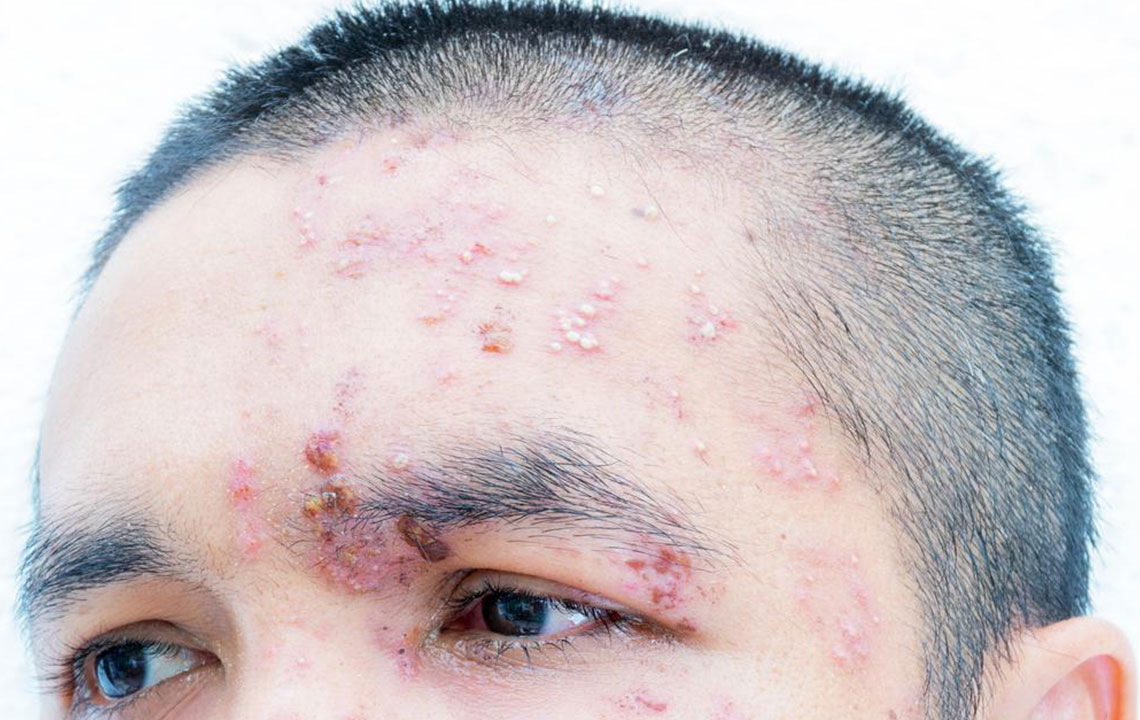Understanding Shingles: Symptoms, Causes, and Prevention
Learn about shingles, its causes, symptoms, and preventative measures. Early medical intervention and vaccination can help manage and reduce risks related to this contagious viral infection that affects the skin and nerves.

Understanding Shingles: Symptoms, Causes, and Prevention
What is Shingles?
Shingles is a contagious viral infection that results in painful skin rashes. It typically appears on the torso but can develop anywhere on the body. Though not critical, the condition can persist for extended periods. Early consultation with a healthcare professional and antiviral medication can help lessen symptoms and shorten illness duration.
Causes and Risk Factors
Shingles is caused by the reactivation of the varicella-zoster virus, the same virus responsible for chickenpox.
Anyone who has had chickenpox is at risk since the dormant virus can reactivate later in life.
Generally, individuals with weakened immune systems—such as older adults, children with vulnerable immunity, or those undergoing chemotherapy—are more prone to shingles. People with HIV or cancer also face higher risks. Prolonged steroid use or certain medications that suppress immune responses may trigger outbreaks.
Symptoms often affect one side of the body, with initial pain or tingling followed by a rash of fluid-filled blisters. The rash may spread near the eyes or neck and usually crusts over as blisters burst. Itching may accompany the rash.
While there is no cure for shingles, antiviral treatments can manage pain and reduce complication risks like nerve pain, eye swelling, or skin infection. Pain relievers and steroids are often prescribed to ease symptoms and inflammation.
Prevention primarily involves vaccination. The chickenpox vaccine (varicella vaccine) is now part of routine immunizations and can be given to adults without prior chickenpox. The shingles vaccine is recommended for individuals aged 60 and above to lower risk. Although shingles is contagious, it cannot be contracted directly—only the chickenpox virus can be transmitted and subsequently cause shingles in those who are vulnerable.










